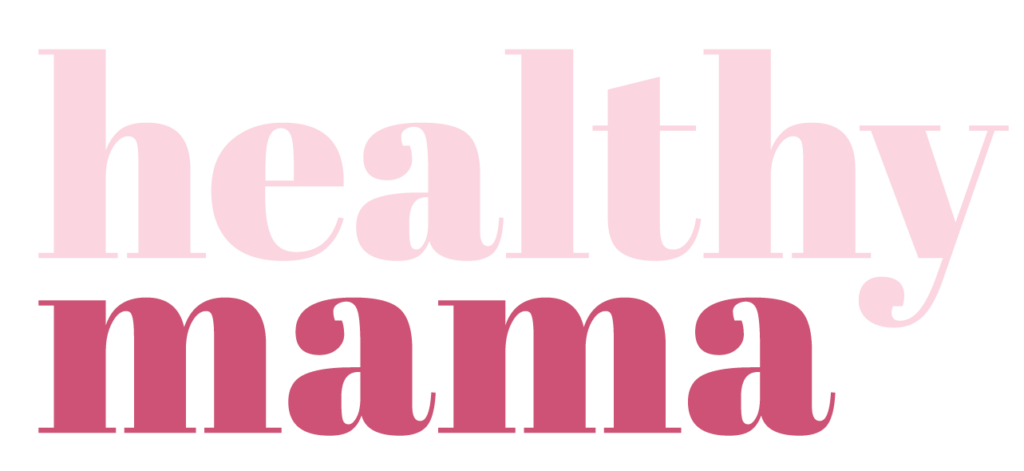 You want your body at its healthiest when it comes time to grow a tiny human. Preparing for a baby physically with diet and exercise and mentally with motivation and habit changes can make a world of difference once you see that + sign on the test. Research indicates that your habits before conception influence your baby’s well-being at birth and throughout their lifetime. Plus, priming your body pre-pregnancy can also help maximize fertility, so you might see that positive test result sooner!
You want your body at its healthiest when it comes time to grow a tiny human. Preparing for a baby physically with diet and exercise and mentally with motivation and habit changes can make a world of difference once you see that + sign on the test. Research indicates that your habits before conception influence your baby’s well-being at birth and throughout their lifetime. Plus, priming your body pre-pregnancy can also help maximize fertility, so you might see that positive test result sooner!
Here are some of the goals and healthy habits to help you prepare for a baby:
1. Achieve (or get closer to) a healthy weight: If you’re overweight, taking steps to get to a healthier weight is one of the most important things you can do to get prepared for pregnancy. Starting pregnancy at a healthy weight translates into a lower risk of complications (like high blood pressure, gestational diabetes, caesarean section, and preterm labor and delivery.) If you’re thinking about conception and need to lose weight, take small steps towards improving your diet via cooking more at home, controlling your portions, and eating fewer processed (and more whole) foods. If you need guidance, a registered dietitian can help get you on track, answer your questions, and keep you accountable and motivated.
2. Eat consistent meals and snacks: This is a really important habit to master in preparation for pregnancy because once you’re pregnant, eating consistently throughout the day will help keep your energy up, help you get the proper nutrition for baby, and can even help keep nausea at bay. If you tend to skip meals or go long periods without eating, aim to space meals out every 4-5 hours and have snacks ready for times when meals are further apart.
3. Cut back on caffeine: Studies show that moderate amounts of caffeine (less than 200 mg / day, the amount in 8 ounces of Starbucks coffee or 14 ounces of regular brewed coffee) probably have little to no effect on fertility. However, research has indicated that at amounts higher than that, you may be at higher risk of miscarriage once you do get pregnant. The bottom line: if you drink more than 1-2 cups of coffee or other caffeinated beverages each day (note: one cup = 8 ounces and most coffee shops serve at least 10 ounces as a small coffee), it would be wise to cut back. Here are some common caffeine sources:
Starbucks Grande Coffee (16 oz) 330 mg
Starbucks Tall Coffee (12 oz) 260 mg Maxwell House ground coffee brewed (12 oz) – 100 – 160 mg
Maxwell House ground coffee brewed (12 oz) – 100 – 160 mg
Dunkin’ Donuts Coffee (14 oz/medium) 178 mg
Dr. Pepper (12 oz) 37 mg
7 Eleven Big Gulp Diet Coke (32 oz) 124mg
7 Eleven Big Gulp Coca-Cola (32 oz) 92 mg
Ben & Jerry’s Coffee Buzz Ice Cream(8 oz) 72 mg
Baker’s chocolate (1 oz) 26 mg
Green tea (6 oz) 40 mg
Black tea (6 oz) 45 mg
Excedrin (per capsule) 65mg
If you face the 3pm energy slump each afternoon, consider having a balanced snack such as edamame or 2 tablespoons of nuts and an apple. Getting up to stretch and/or going for a light walk can also help energize and refresh you.
Source: CSPInet.org and Starbucks.com
4. Start a prenatal multivitamin like healthy mama® brand’s Be Well Rounded!™: Since conception can happen at any time, and the early weeks of development of the fetus are crucial, it’s important to begin taking a prenatal vitamin supplement while trying to conceive. In addition to being an insurance policy to make sure your body is getting the right nutrition immediately, it also helps increase the likelihood that your body will have maximized levels of nutrients, such as iron, once you do become pregnant. Research supports the importance of a multivitamin prior to pregnancy as well. A meta-analysis of 41 studies published in 2006 in the Journal of Obstetrics and Gynecology Canada suggests a strong link between taking multivitamins before and throughout the first trimester of pregnancy with a reduction in neural tube defects, heart defects, limb deformities, and cleft palate.
5. Exercise regularly: Getting consistent exercise before pregnancy (and during) benefits both you and baby. University of Washington researchers surveyed 688 mothers and found that those who exercised the most vigorously in the year before pregnancy were 81% less likely to develop gestational diabetes, a condition linked to abnormally large babies and difficult labor, than their sedentary peers, while moderate exercisers had a 59% lower risk.
And that’s it! Not too hard. We wish you the best of luck as you enter this amazing journey of parenthood!

